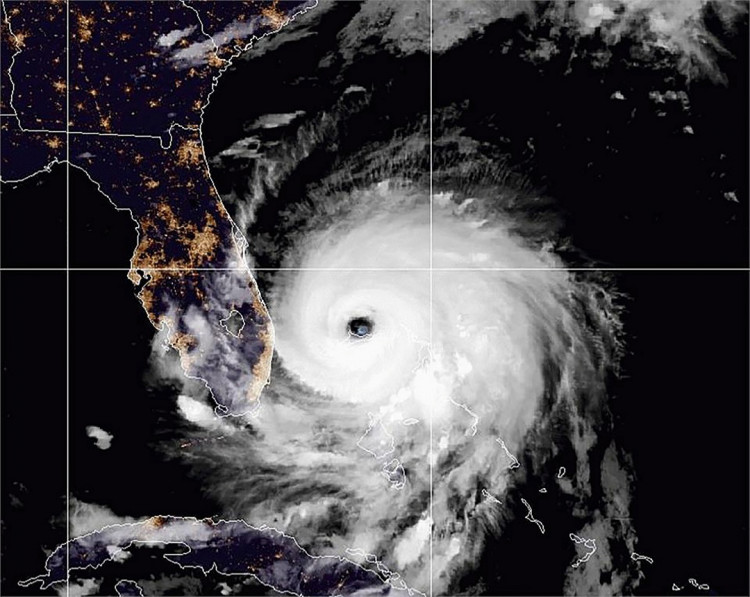Category 3 Hurricane Dorian just hit the northwestern part of the Bahamas on Sunday, killing at least five people. The hurricane carried with it destructive winds and blinding rain as it besieged the group of islands.
The storm is currently now dangerously close to the Florida peninsula. As of the moment, the storm has come to a standstill over Grand Bahama Island. If the storm moves northward it could hit the coastal regions of Georgia and the Carolinas.
However, a western direction would result in the storm directly hitting the Florida coastline.
As of Tuesday, the US National Hurricane Center issued a hurricane and storm surge warning for the Atlantic coast of Florida and South Carolina. The agency mentioned that the hurricane could move at any time and there is a considerably good possibility that it could move to the Florida east coast.
The National Weather Service also issued a similar warning, mentioning that there could be damaging winds and storm surge threats to coastal areas. Inland damage also remains a possibility if the storm moves further north.
Florida residents, specifically those who live near coastal areas, have been asked to prepare in case the storm does move towards the peninsula. Some local government officials have issued mandatory evacuation orders.
While most have decided to evacuate as a precaution, some residents have chosen to stay put and wait for Dorian's next move.
After the storm hit the Bahamas over the weekend, Dorian was downgraded from a Category 4 to a Category 3 with maximum sustained winds of around 120 mph.
Three islands in the area, namely Elbow Cay, Grand Bahama Island, and Great Abaco, were directly hit by Dorian on Sunday. Wind gusts of up to 220 mph were reported along with with a storm surge of up to 23 feet.
The Hurricane Center reported "extreme destruction" in severely hit areas, describing the storm as a "life-threatening" situation for those living in the islands. Because the storm had ceased to move over the islands, the extended nature of the disaster has resulted in extreme flooding and massive damage to infrastructure.
Local reports had revealed that the Grand Bahama Airport was at one point drowned under at least 5 feet of water. The pounding rain and high gusts of winds in the island are expected to continue until Tuesday and Wednesday.
Based on its maximum sustained winds, hurricane Dorian is in second place as the strongest storm ever recorded in the Atlantic Ocean. It beat Hurricane Allen, which struck the northern Bahamas in 1980, for the second position. Holding the top position is the 1935 Labor Day Hurricane.






